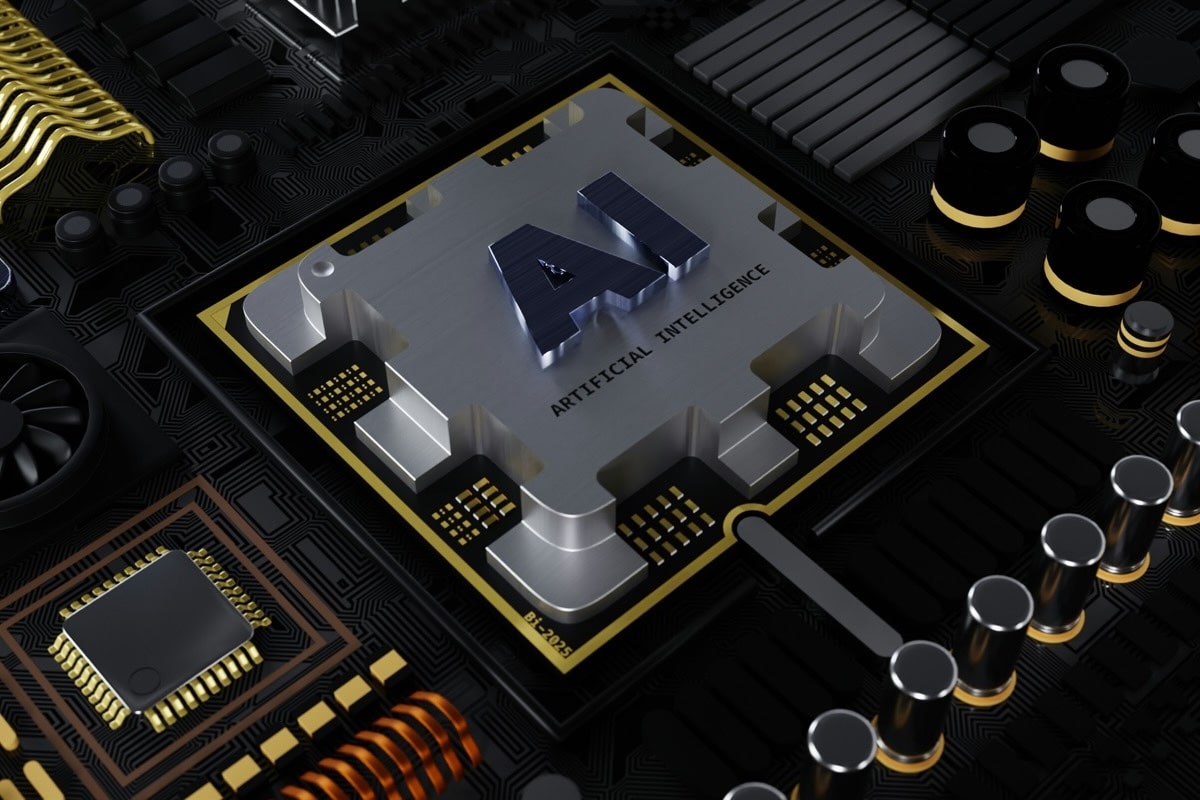TikTok parent company, ByteDance, has partnered with American semiconductor and software provider Broadcom to develop a high-end AI chip, addressing the issues with U.S. export control.

Reuters unnamed sources informed that the fresh collaboration between ByteDance and Broadcom would help cut procurement costs and ensure a stable supply of advanced chips amid Washington-induced export controls.
In late 2023, the administration of U.S. President Joe Biden reduced the number of types of semiconductors that local companies could supply to China. The new restrictions affected advanced artificial intelligence chips like Nvidia H800 and A800. Export limits aim to impede China’s ability to use advanced computing microcircuits to strengthen its military potential.
Since the restrictions were introduced, there have been no publicly announced advanced chip development collaborations between Chinese and U.S. companies. The newly developed chip would reportedly comply with US trade restrictions on China, though it would be more advanced than the models available at the time. Considering the sensitive nature of the issue, ByteDance and Broadcom did not respond to repeated media requests for comments about the new AI chip.
At the same time, it is publicly known that ByteDance and Broadcom established a business partnership in 2022. The Chinese firm has since purchased Broadcom’s Tomahawk 5nm high-performance switch chip and its Bailly switch for AI computer clusters. According to Bloomberg, Broadcom also already supplies an older-generation 7nm AI processor for use in ByteDance’s data centers.
Reportedly, the production of the new 5-nanometer purpose-built chip won’t start until the next year. The product is still in its design phase. Besides, Bloomberg sources state that no official deal has yet been reached between the two companies, so the whole project is currently under discussion.
Amid the growing U.S.-China tensions, ByteDance is one of the most pressured Chinese companies due to its vast media influence. In fact, lawmakers in numerous countries have expressed concerns that TikTok, which is owned by ByteDance, may expose or misuse sensitive user data. For example, India banned TikTok in 2020, citing security reasons and privacy protection.
In March, the U.S. House of Representatives passed a bill to force the Chinese company to either divest the US assets of its TikTok short-video app or get it banned in the United States. However, ByteDance says it has no intention of selling the business.









